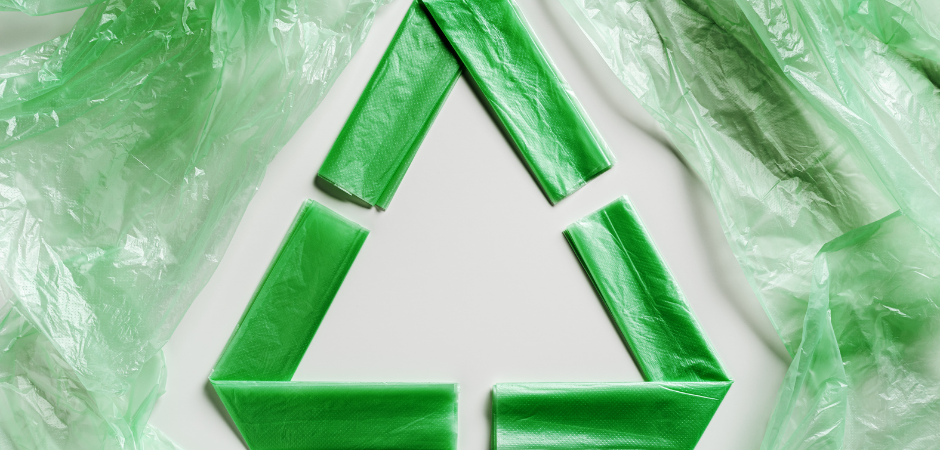Have you ever shopped at a supermarket and noticed that they have a bin for Plastic bags and other plastic packaging? You might be wondering what types of plastic can go into those bins.
Firstly, it’s important to note that not all plastics are created equal. Some can be recycled, while others cannot. The plastics that can be recycled are usually marked with a symbol that looks like three arrows in a triangle, with a number inside it. This number tells you what type of plastic it is, and whether it can be recycled.
So, what kind of products can be recycled at supermarkets?
Here are a few examples:
- Plastic bags – These are perhaps the most common plastic item that people recycle at supermarkets. These can be any type of plastic bag, including grocery bags, bread bags, and even plastic wrap.
- Plastic packaging – Many food and drink products come in plastic packaging that can be recycled. This includes things like plastic bottles, tubs, and containers.
- Plastic films – This includes things like cling wrap, food wrap, and other plastic films that you might use to wrap food or cover bowls.
- Polystyrene – This is a type of plastic foam that is used in things like egg cartons, meat trays, and packaging materials. Some supermarkets will accept polystyrene for recycling.
It’s worth noting that different supermarkets might have different rules around what plastic they accept.

Types of Plastic
While the specific types of plastics accepted for recycling may vary depending on the supermarket and recycling facility, the common types of plastics are shown below:
- PET (Polyethylene Terephthalate) PET plastics are commonly used for beverage bottles, food containers, and packaging trays. They are easily recyclable and can be used to make a variety of new products, including clothing, carpeting, and packaging materials.
- HDPE (High-Density Polyethylene) HDPE plastics are used for a wide range of products, including milk jugs, detergent bottles, and shampoo containers. They are highly recyclable and can be turned into new bottles, containers, and plastic lumber.
- PVC (Polyvinyl Chloride) PVC plastics are used for items such as pipes, window frames, and blister packaging. While less commonly recycled than PET and HDPE, some supermarkets may accept PVC plastics for recycling.
- LDPE (Low-Density Polyethylene) LDPE plastics are used for plastic bags, shrink wrap, and flexible packaging. While not as widely accepted for recycling as PET and HDPE, some supermarkets may offer recycling programs for LDPE plastics.
- PP (Polypropylene) PP plastics are used for yoghurt cups, bottle caps, and food containers. They are recyclable but may be less commonly accepted for recycling at supermarkets.
So why should we bother recycling plastic at supermarkets?
Well, there are a few reasons. Firstly, it helps to reduce the amount of plastic that ends up in landfill. Plastic takes hundreds of years to break down, so by recycling it, we’re giving it a new lease of life instead of just throwing it away.
Secondly, recycling plastic saves energy and resources. It takes less energy to recycle plastic than it does to produce new plastic, and recycling also reduces the need for new raw materials.
Finally, recycling plastic is good for the environment. Plastic waste can harm wildlife and pollute our oceans.


